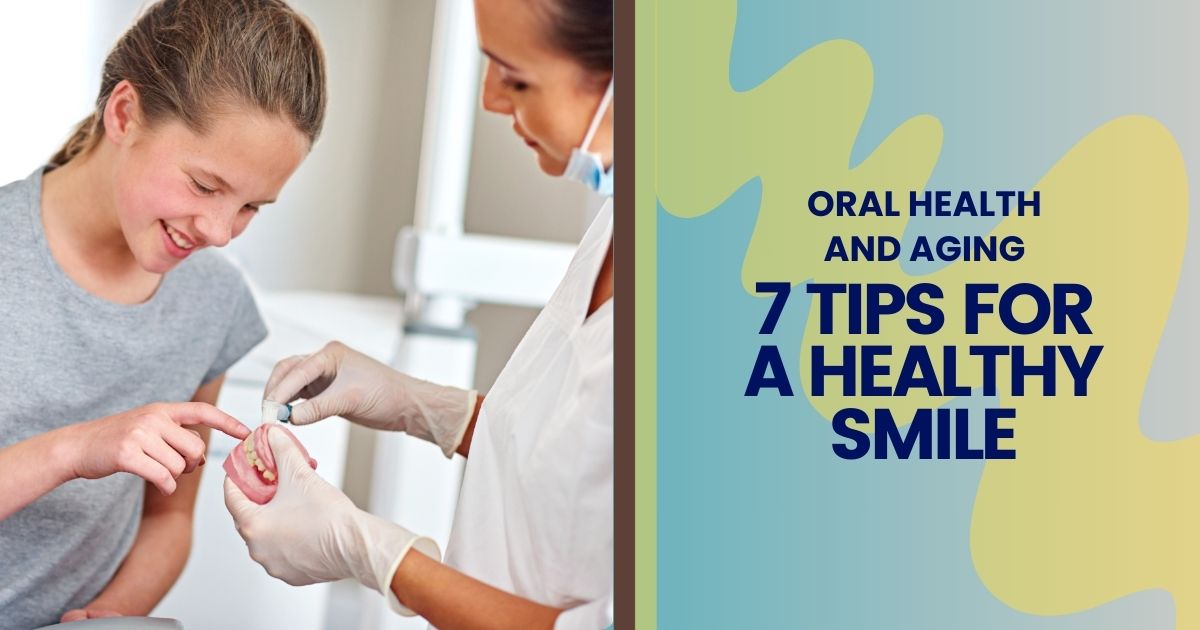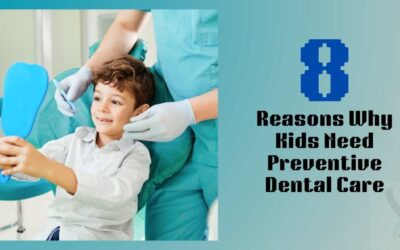Our dental health is not an exception to the varied ways in which our body is affected by aging. Keeping our teeth healthy is more and more necessary as we get older but we need to understand that it may also be challenging. Maintaining dental health and a bright smile for the rest of our life may be achieved if we are aware of these particular problems and putting the appropriate care techniques into practice. This article explains the effects of aging on dental health and offers needy advice on proper dental hygiene and maintenance.
-
The Importance of Oral Health for Seniors Citizens
In older adults achieving general health essentially includes maintaining proper dental health also. A number of conditions, including heart disease, diabetes, and infections, can be aggravated by poor dental health. Keeping your mouth healthy promotes improved eating, self-esteem, and general quality of life.
-
Common Oral Health Issues in Aging
We are more vulnerable to certain oral health problems as we age because of wear and tear, medicines we take, and physiological changes in the body. Some of the challenges as we age include the following:
- Tooth Decay: Aging teeth are more prone to cavities and decay. This is true along the gum line.
- Gum Disease: As we age our immunity reduces. This can make it easier for gum disease to develop and progress.
- Dry Mouth: Most medicines cause dry mouth as a side effect. This condition can increase the risk of tooth decay.
- Tooth Wear: Years of chewing, grinding, and exposure to acidic foods can invariably lead to enamel erosion. This is aggravated with poor oral hygiene.
-
Daily Dental Care Tips
As you become older, diligent daily dental care becomes crucial. The following are some essential habits that promote dental health:
- Brush Twice Daily: Use a soft-bristled toothbrush to avoid damaging gums. If your dentist feels your gums and teeth are healthy you can use a medium bristled toothbrush.
- Floss Regularly: Flossing helps remove food particles and plaque between teeth. These are nooks and crevices brushing cannot reach and hence flossing is important.
- Use Mouthwash (Only if necessary): Choose a mouthwash that targets bacteria and helps with dry mouth if needed.
-
Diet’s Role in Oral Health
Oral health can be greatly enhanced by eating a well-balanced, vitamin- and mineral-rich diet. While antioxidants support gum health, minerals like calcium, vitamin D, and phosphorus build teeth and bones. Here are few other points that need proper consideration and adapting.
- Stay Hydrated: Water helps wash away food particles and bacteria from your mouth. This can greatly reduce the risk of decay and bad breath.
- Limit Sugary Foods: Sugar increases the risk of cavities. You can opt for fiber-rich fruits and vegetables. Instead of drinking fruit juices, the best is to consume and relish whole fruits. If you have a liking for fruit juices, at least make sure not to add sugar.
-
Regular Dental Visits
Regular dental checkups become increasingly important as we age. Visiting your dentist every six months or every 2 or 3 months as customized by your dentist, enables problems to be identified and treated early. It has to be emphasized that frequent examinations and cleanings can assist in managing or preventing any dental issues and some of them are given below:
- Plaque and Tartar Buildup: Professional dental cleanings are deeper and can reach oral areas that brushing might miss.
- Oral Cancer Screenings: Oral cancer risk increases with age. In every dental visit, dental screening for oral cancer is carried out as a protocol.
-
Addressing Tooth Loss with Modern Solutions
While tooth loss is typical as people age, there are a number of ways it can be addressed and this can be used to improve your smile and functional abilities:
- Dentures: Modern dentures are comfortable and can replace multiple missing teeth. This is more a temporary solution as dentures cannot arrest jaw bone loss.
- Dental Implants: For a more permanent solution dental implants are the right option. Dental implants mimic natural teeth and support jawbone health by arresting bone loss in the jaw area.
- Bridges: Bridges can replace one or more missing teeth which improves appearance and speech.
-
Managing Dry Mouth
While seniors frequently experience dry mouth as a result of the medications they take for varied illnesses associated with old age, it is imperative to understand that there are effective strategies to address this condition:
- Stay Hydrated: Sip water throughout the day to keep your mouth moist.
- Use a Humidifier: This can help keep moisture in the air, especially at night.
- Sugar-Free Gum: Chewing gum stimulates saliva production. This can help alleviate dry mouth symptoms.
Oral health does not have to suffer as you get older. You may sustain a healthy smile for many many years by continuing to pay attention to daily oral hygiene practices, eating a balanced diet, and visiting your dentist on a regular basis. Seniors may benefit from the assurance, comfort, and well-being that come with a bright, well-maintained smile by following the above explained dental practices.




